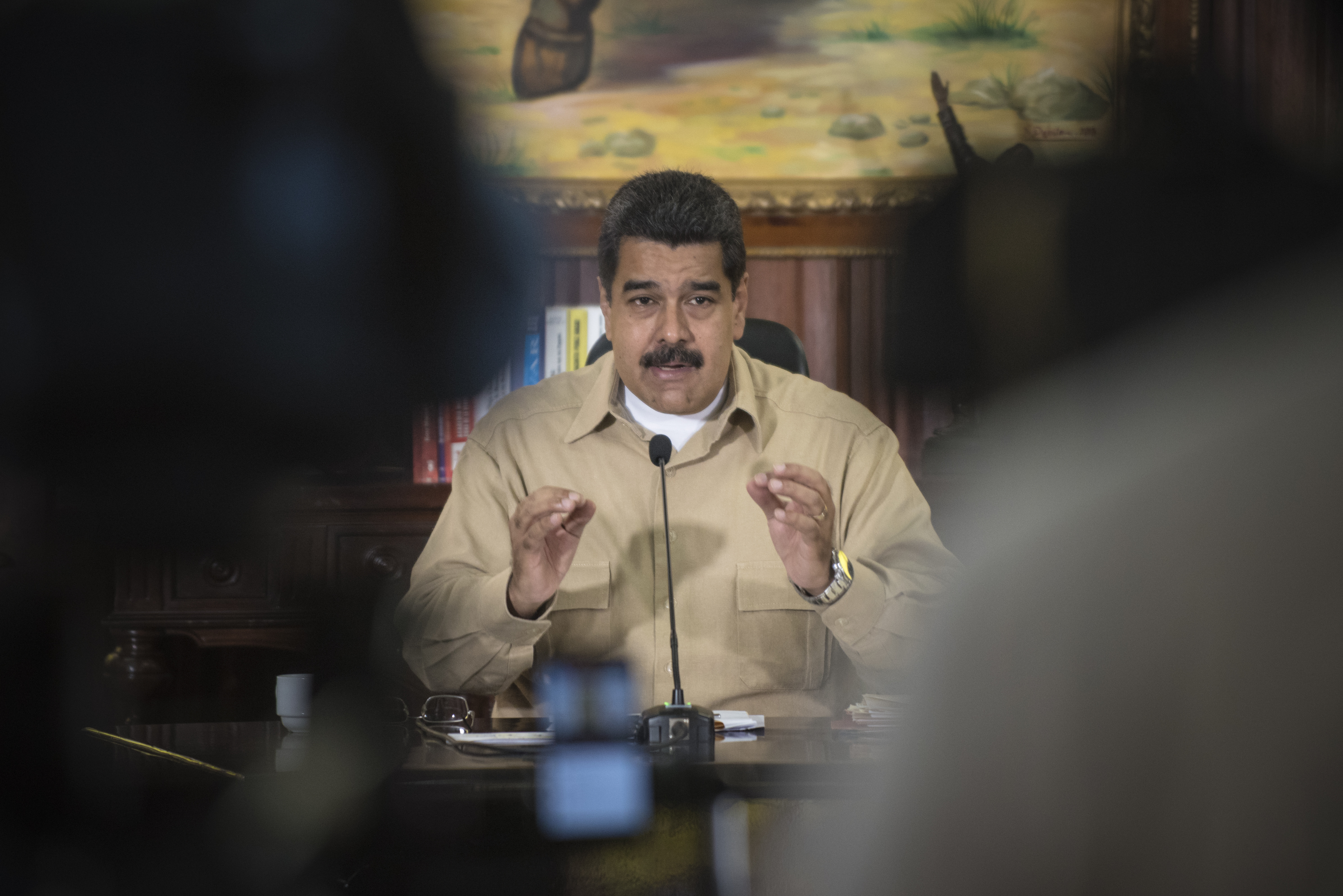Today’s Headlines and Commentary
Lawfare’s daily roundup of national security news and opinion.
Published by The Lawfare Institute
in Cooperation With

President Trump announced Sunday that he will extend social distancing guidelines through the end of April and maybe even until June, reversing his earlier assessment that the U.S. could relax the measures by Easter, reports the New York Times. Trump cited figures showing that as many as 200,000 Americans could die from the virus.
The President issued an order on Friday permitting the Defense Department to bring back to active duty some veterans and reserve members of the military to assist with the coronavirus response, according to the Washington Post. An Army spokesman said over 15,000 veterans have expressed interest in rejoining the service to help the military combat the pandemic. It is not clear whether the administration intends on involuntarily recalling any veterans or reserve members.
President Trump also stated that quarantining New York City “will not be necessary,” though he earlier said he might impose a quarantine on New York and parts of New Jersey and Connecticut, writes the BBC.
The President on Sunday blamed hospitals and states for the sudden increase in need for masks and ventilators, suggesting that hospitals were “hoarding” ventilators and that masks were “going out the back door,” reports the Washington Post. He accused states of requesting equipment despite not needing it but did not cite specific evidence to back up his claims.
Police in India fired tear gas to disperse a crowd of migrant workers defying a lockdown instituted in response to the novel coronavirus, writes Reuters. Prime Minister Modi’s order to the country’s 1.3 billion people to remain indoors for three weeks has triggered a humanitarian crisis, leaving hundreds of thousands of poor without jobs or food.
Authorities in Moscow have ordered residents to stay home beginning today, and Russian Prime Minister Mikhail Mishustin has asked governors to consider introducing a partial lockdown in their regions, according to the New York Times.
Hungarian Prime Minister Viktor Orban today secured the right to indefinitely rule by decree after parliament passed a law granting him open-ended emergency powers to combat the COVID-19 epidemic, reports Bloomberg. The legislation contains no timeframe, and imposes jail time of up to five years on those who hinder measures aimed at containing the virus and on journalists who “distort” facts related to the outbreak.
Taliban attacks in Afghanistan on Sunday have killed at least 11 soldiers and policemen, according to the country’s Defense Ministry, writes the Associated Press. The Taliban declined on Saturday to begin talks with a new Afghan government negotiating team that it felt was not selected in a way that included “all effective Afghan sides,” according to Reuters.
A Defense Department directive issued last week orders military commanders to plan for an escalation of American combat in Iraq in order to destroy Kata’ib Hezbollah, an Iranian-backed militia group, reports the New York Times. But Gen. Robert P. White responded with a memo warning that such a campaign could risk war with Iran or prompt the Iraqi government to revoke the current agreement that allows American troops to operate in the country.
A whistleblower who shared data with The Guardian newspaper claims that Saudi Arabia is exploiting weaknesses in the global mobile telecoms network to track its citizens as they travel around the U.S., according to the Washington Post. The whistleblower alleges that the surveillance campaign exploits vulnerabilities in a decades-old global messaging system that allows cellular customers to move from network to network while traveling. Also this week, Turkey announced indictments against 20 suspects in the killing of Jamal Khashoggi. While efforts to hold Saudi officials accountable continue, the prospect of anyone ever being held accountable for the crime is dim, writes the New York Times.
Islamic State fighters in a prison controlled by Kurdish-led forces seized control of parts of the facility following complaints about overcrowded conditions and fears of the novel coronavirus, reports the Washington Post. Kurdish officials said that about 1,000 prisoners were still on the loose inside the facility, and that some detainees managed to escape during the breakout.
ICYMI: Yesterday on Lawfare
Kasey Stricklin examined why Russia uses disinformation.
Jen Patja Howell shared an episode of the Lawfare Podcast featuring dispatches about how nine different countries are handling the COVID-19 outbreak.
Email the Roundup Team noteworthy law and security-related articles to include, and follow us on Twitter and Facebook for additional commentary on these issues. Sign up to receive Lawfare in your inbox. Visit our Events Calendar to learn about upcoming national security events, and check out relevant job openings on our Job Board.




_c.jpg?sfvrsn=9bbcc085_3)
